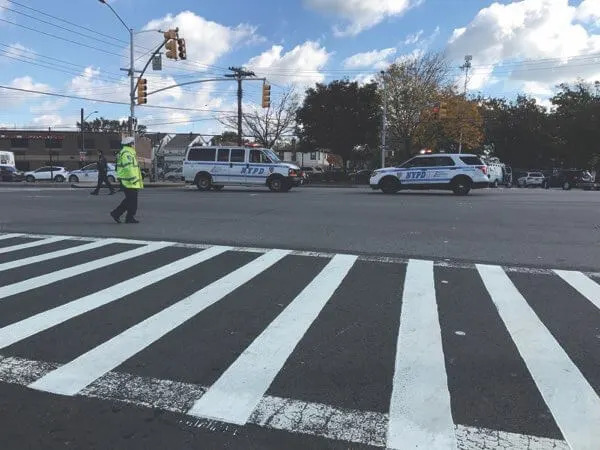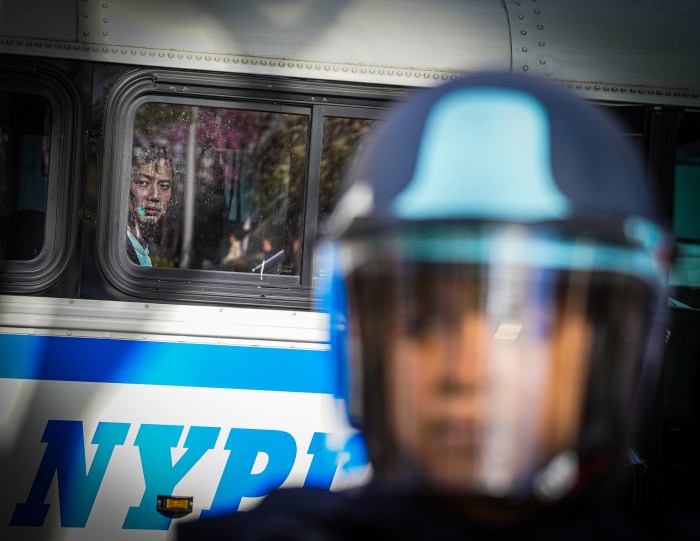Giuliani filed his…
By Adam Kramer
In an effort to save New York City’s $4-to-$1 campaign matching fund allocation, City Council Speaker Peter Vallone (D-Astoria) introduced a bill last week to preserve the finance law in the wake of lawsuit by Mayor Rudolph Giuliani.
Giuliani filed his suit Jan. 26 to stop the matching fund disbursement that was implemented in 1998 and allows candidates to receive $1,000 in matching funds from the city for every $250 donated by an individual to a candidate’s campaign. Giuliani has said the 4-to-1 match is too expensive for the city’s taxpayers.
“Our city’s campaign finance law has been a model for the nation,” said Vallone, a mayoral candidate. “It provides an even financial playing field for grassroots candidates, enhances the opportunity for those who do not have large donors and increases the role of city residents’ contributions in elections.”
Vallone said the mayor would “short-circuit the electoral process” with his challenge of the campaign finance law seven months before the city’s residents go to the polls in an “unprecedented election season” created by the passage of term limits.
At his Monday morning news conference, Giuliani hinted that he might be willing to make a deal with the City Council and not veto a repeal to the term-limit law if the Council agreed to restructure the campaign finance law.
If the term-limit law is not repealed, Queens voters will elect an entirely new city council delegation and a new borough president as well as a new mayor, comptroller and public advocate in November. Queens is the only borough facing the loss of all of its council members.
“Perhaps the most impressive trend that we are seeing is the sizable increases in small contributions up to $250, which now account for nearly one out of every $5 contributed to candidates filing with the board,” said Nicole Gordon, director of the Campaign Finance Board. “The increased matching rate seems to be encouraging more grass-roots fund-raising, decreasing the importance of special interests and giving a greater voice to the average citizens.”
Frank Barry, a spokesman for the Campaign Finance Board in Manhattan, said the city matches funds donated to candidates by $4 for every $1 of donations up to $250.
Barry said matching funds are only available for donations from individuals who live in the five boroughs. Donations from people from outside the city or from political action committees are not matched.
Under the matching fund formula, candidates for mayor can receive up to $2,877,050 in matching funds, the candidates for the public advocate or comptroller could get $1,798,500 in funds, borough president candidates can receive $647,350 in matching funds and city council candidates top out at $75,350 in matching funds.
“This campaign law has been praised everywhere as an example for campaign financing,” said Councilwoman Mary Pinkett (D-Brooklyn), chairwoman of the Council’s Governmental Operations Committee. “But what does our mayor say? He says ‘shut the door. They’re coming in.’”
Reach reporter Adam Kramer by e-mail at Timesledgr@aol.com or call 229-0300, Ext. 157.































